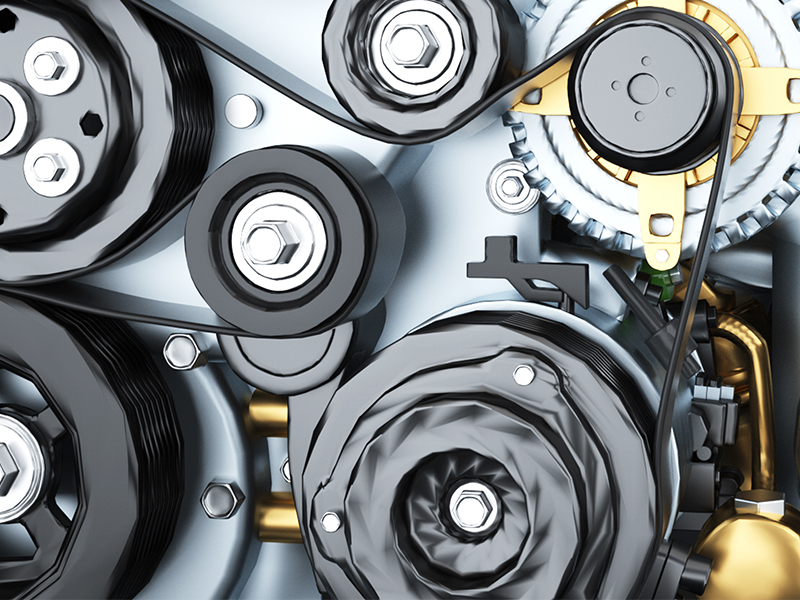The gas generator is a new type of high-efficiency new energy generator that uses combustible gases such as liquefied petroleum gas (LPG) and natural gas as fuel instead of gasoline or diesel to power the engine. Gas generators offer advantages such as a wide output power range, high reliability in starting and operation, good power generation quality, light weight, compact size, simple maintenance, and low-frequency noise.

Generally, they have the following four key advantages:
Copyright © Sichuan RongTeng Automation Equipment Co., Ltd. — Privacy Policy